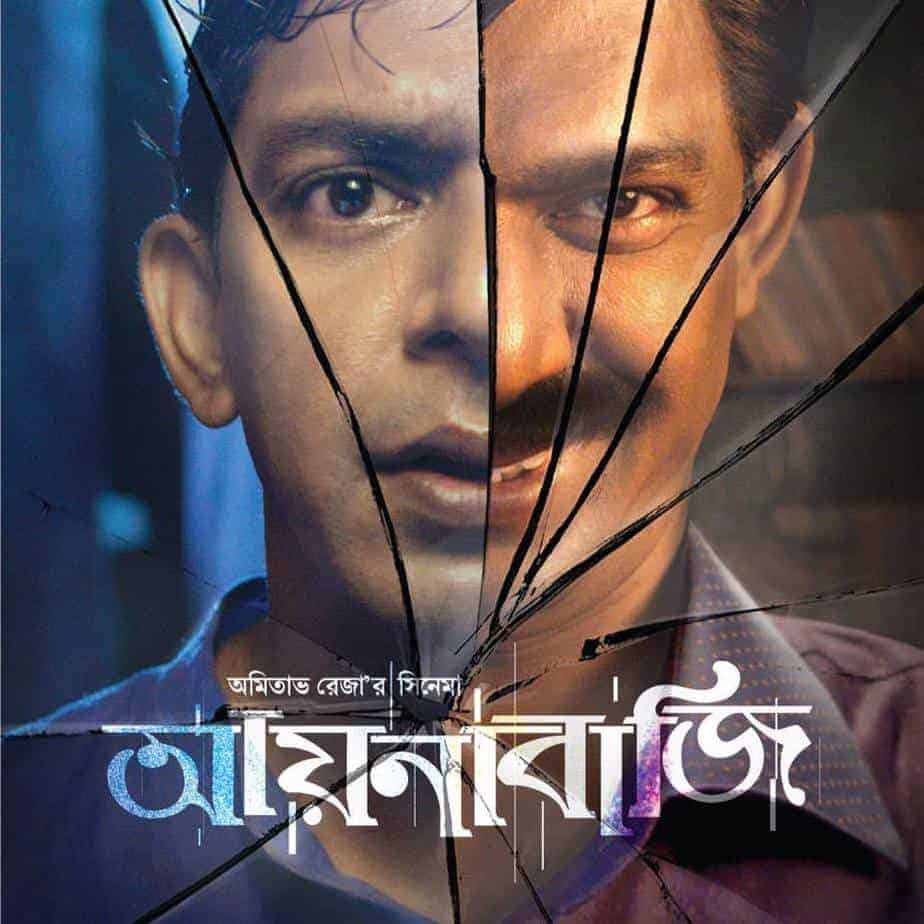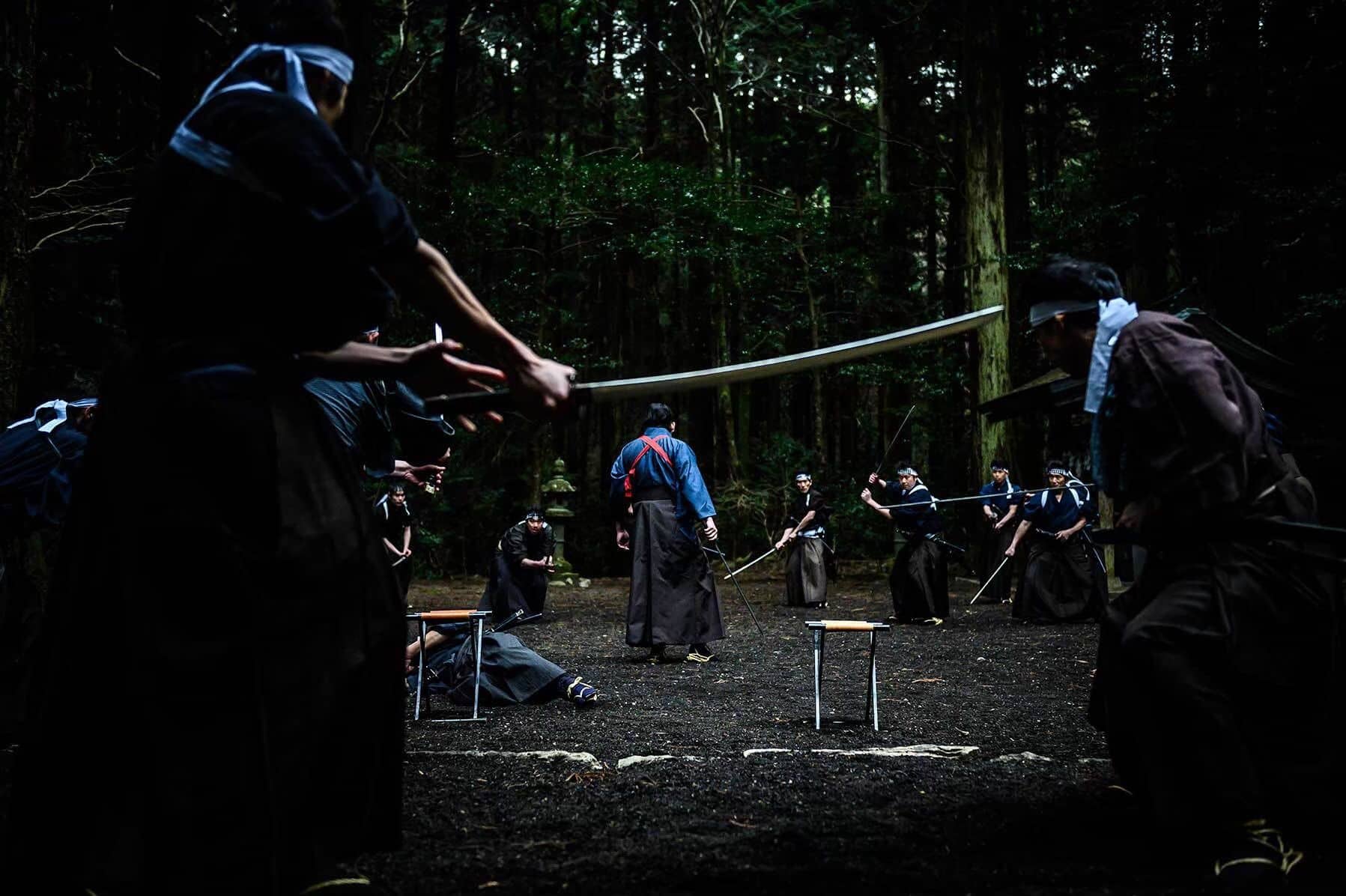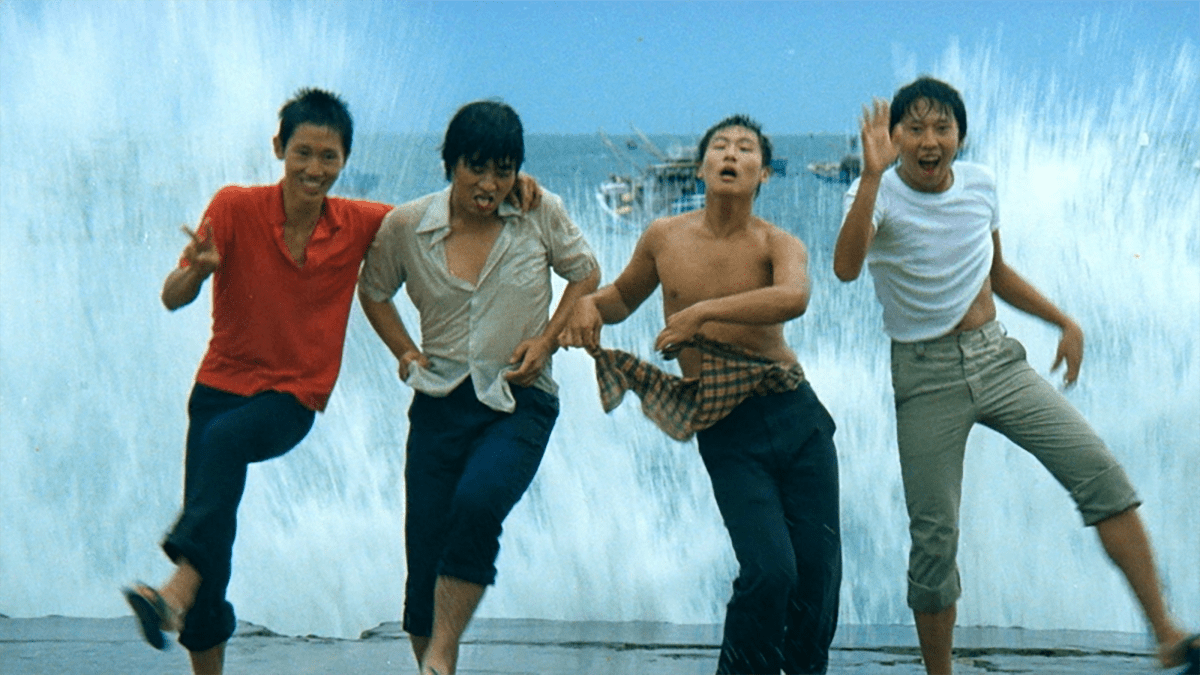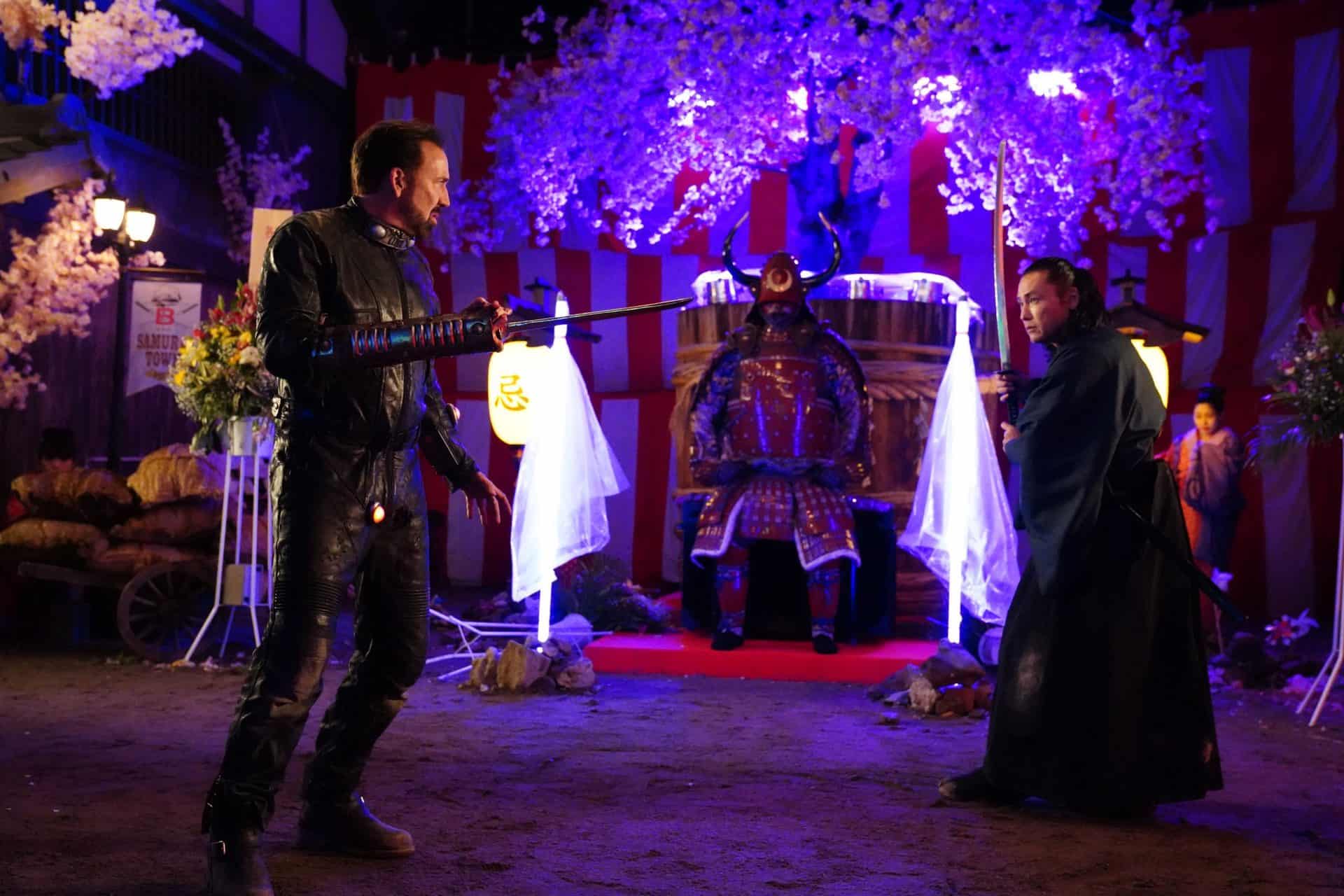Scripted, directed and performed by Battumur Dorj, “Trio” was shot by a group of “rookies” for the most part, with two distinct goals: To highlight the issues grown up people with Down Syndrome face in Mongolia and abroad, and to show the traditional Buddhist rituals that have been gradually disappearing.
Trio screened at Warsaw Film Festival
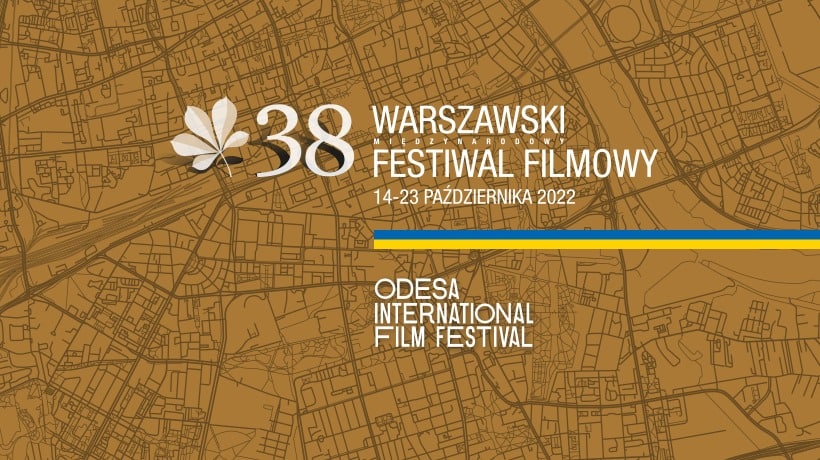
Deep within rural Mongolia, a young man with trisomy named Jam is growing up with the help of his loving mother, who chose to give away her daughter to a foster family and move to this remote area in order for her and her son to live peacefully, away from prejudice. A flashback to Jam's first day in school shows the reasons she chose this path, with the ignorance of the locals being highlighted in harsh but also realistic fashion. Eventually, the mother dies, and Jam finds himself unable to even realize what has happened. During this difficult time, he stumbles upon a Buddist monk who helps him perform the burial ritual in accordance with the Mongolian nomadic tradition. Gradually, Jam learns to live by himself.
Dorj directs a film that essentially consists of two parts which intermingle. The first part deals with Jam's life with his mother, in a way that showcases that people with Down Syndrome need support, but can actually function within society, even if Dorj makes this point by showing life in a remote area. The second part focuses on the rather lengthy burial ritual the monk performs with the members of the family, in a fashion that also showcases nomadic life in Mongolia. Both aspects are presented with utmost realism, to the point that, especially the second, functions as a kind of documentary about the particular topic. Truth be told, this part could be briefer, and the focus on the life of people with Down Syndrome more intense, but as a whole, the narrative works quite well.
To achieve this, Dorj has also included flashbacks from the past that depict the history of the family, thus adding a rather appealing drama element in the movie. Furthermore, the depiction of the beauties of the Mongolian steppe, which is presented throughout the four seasons, induce the narrative with moments of intense beauty, particularly during the closing part of the movie. Chagnaadorj Togoo's cinematography finds its apogee during those scenes, which are bound to stay on the mind of any viewer, especially the ones with the snow. Undrakhbayar Batlkhagva's editing could have been a bit tighter, particularly close to the ending and regarding the ritual scenes, but the relatively slow pace works quite well for the story.
Among the movie's best traits is definitely Dorj's acting as Jam, with him giving an utterly realistic performance, to the point that all who watched the film were wondering if he is actually a person with Down Syndrome
Despite some faults here and there, “Trio” is a beautiful movie that highlights its comments in the most eloquent fashion, and a truly rewarding film, for its acting, cinematography, and overall context.




